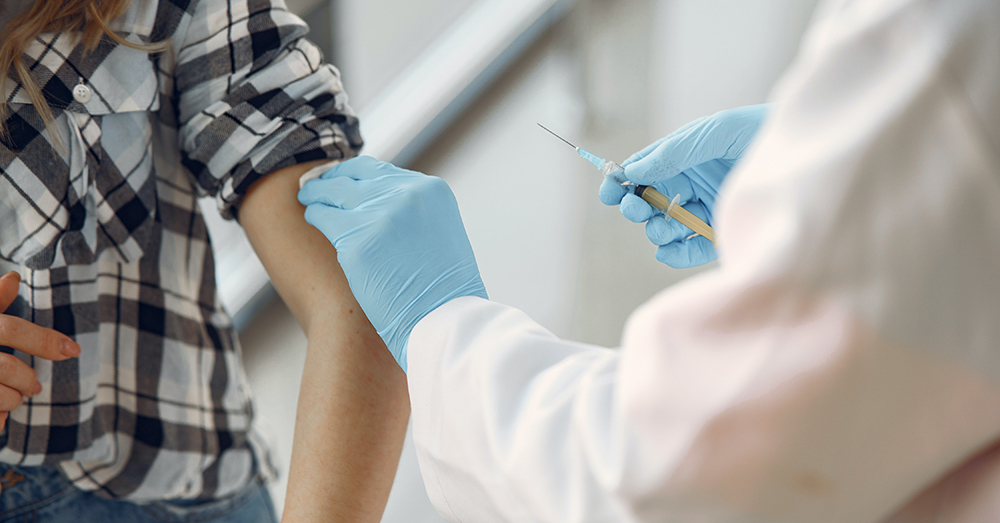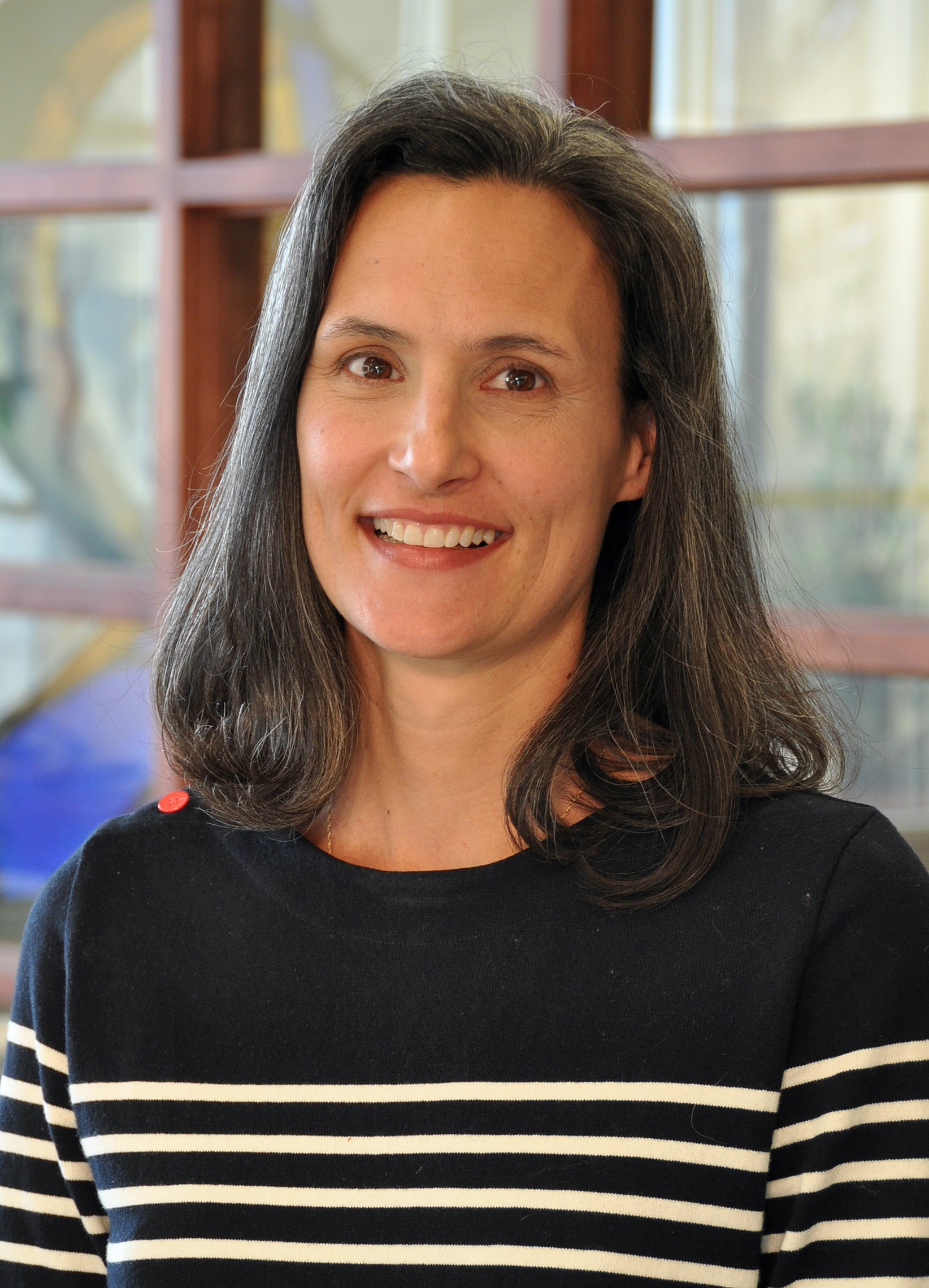
The phased framework of COVID-19 vaccine distribution has officially been set in motion. As of January, vaccinations are available in most communities for those who fall under phases 1A and 1B as established by the Texas Department of State Health Services—and in hopes of a better year, individuals who qualify have been signing up and falling in line across the country to receive the first of two doses. Since this is a new process for everyone, including health care professionals, several questions have been raised about whether vaccinations are safe for pregnant women.
Teresa Baker, M.D., an Obstetrics and Gynecology Physician at Texas Tech Physicians in Amarillo and a professor at Texas Tech University Health Sciences Center (TTUHSC), recently addressed this topic, stating that many health care professionals believe the virus itself to be much more dangerous than the vaccine.

Teresa Baker, M.D.
“The vaccines that we worry about in pregnancy are the live virus vaccines,” said Baker. “Neither of these vaccines that are available are live viruses. So we really do believe that they’re safe.”
The Centers for Disease Control and Prevention (CDC) clearly disclose that pregnancy puts individuals at an increased risk of severe illness from COVID-19.
“Pregnant people with COVID-19 have an increased risk of severe illness, including illness that results in ICU admission, mechanical ventilation, and death compared with non-pregnant women of reproductive age,” the CDC clarified. “Additionally, pregnant people with COVID-19 might be at increased risk of adverse pregnancy outcomes, such as preterm birth, compared with pregnant women without COVID-19.”
There are some physicians who are encouraging pregnant patients to wait for more data to be collected, but many doctors not only agree with the CDC’s discussion of risk, but have definitively advised that pregnant women get vaccinated as soon as it becomes available to them. While the CDC have not explicitly advised that pregnant women choose to receive the vaccine, Baker explained that several health care professionals and groups have started to recommend it.
“The society for maternal-fetal medicine specialist came out first, and they said, ‘yes, it is recommended in pregnant women, because the risk of the virus outweighs any risk that the vaccine might cause in a pregnancy,'” Baker said. “Then shortly thereafter, the American College of OB-GYN said the same thing and recommended it both in breastfeeding and pregnant women—simply because the risk-benefit ratio is so much greater for those that actually get the virus.”
Due to the novelty of this entire process, much of the information and advice gleaned from health care professionals is taken from what is known about other vaccines and viruses.
“We can look at the molecular structure of the drug, the weight of the drug and what
other drugs like it have done in the past—and make educated decisions based on history,”
Baker said.
Pregnant individuals are not currently considered to be part of the phase 1A group for whom the first round of vaccines are recommended (phase 1A includes health care workers and first responders, while phase 1B includes those with underlying health conditions, including pregnancy, and persons 65 and older). However, people who fall under that phase 1A category and are also pregnant have the opportunity to receive the vaccine, lowering their risk of severe illness from COVID-19.
In agreement with the CDC, Baker stated that any pregnant person with questions about their decision should consult their primary care physician.
